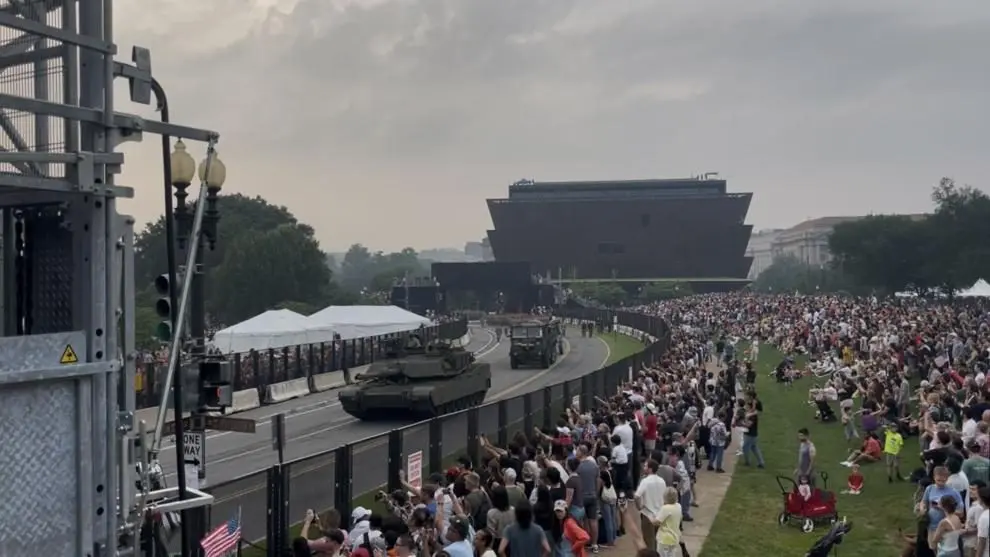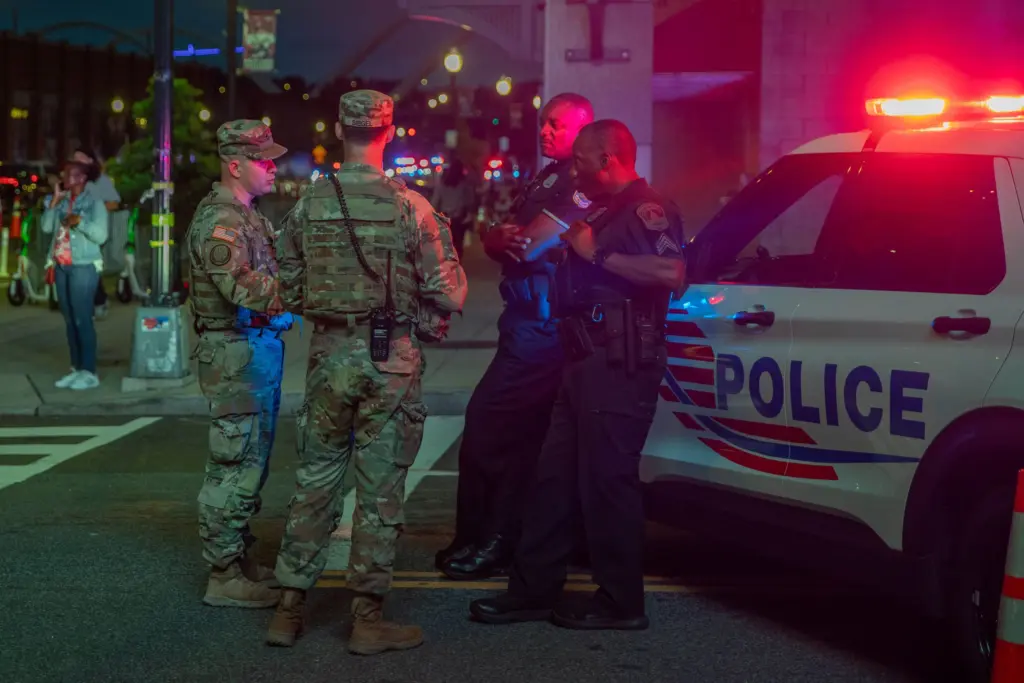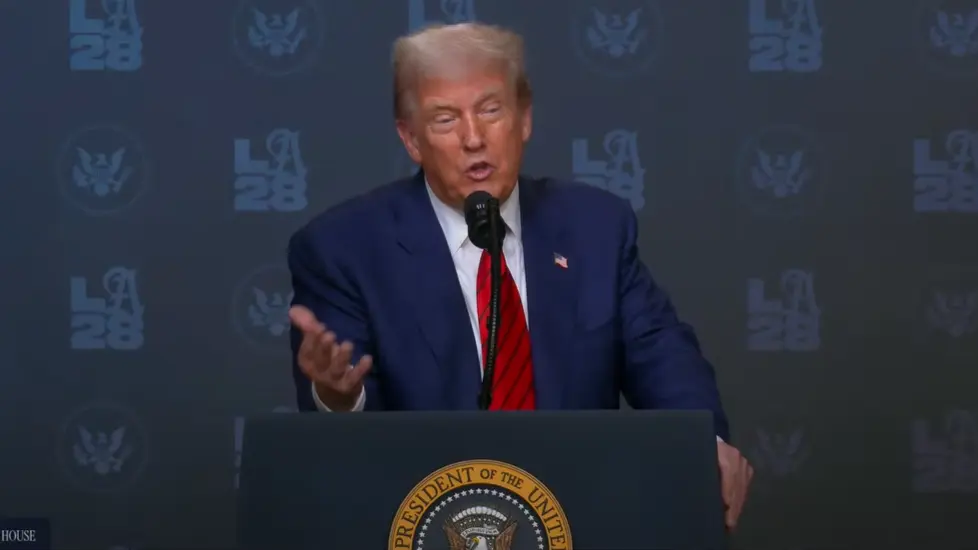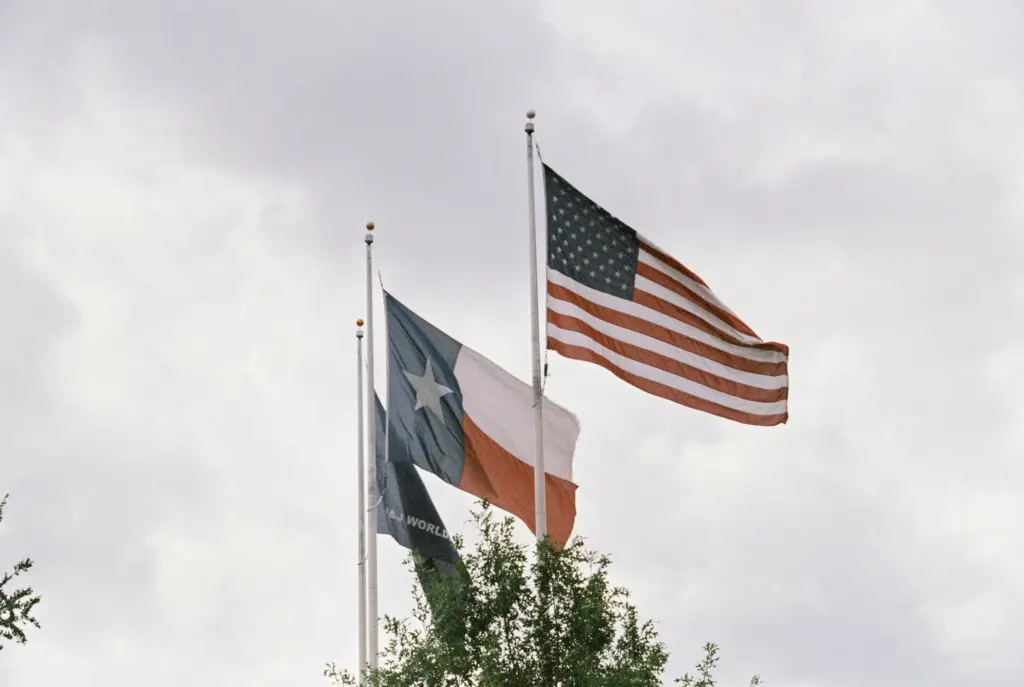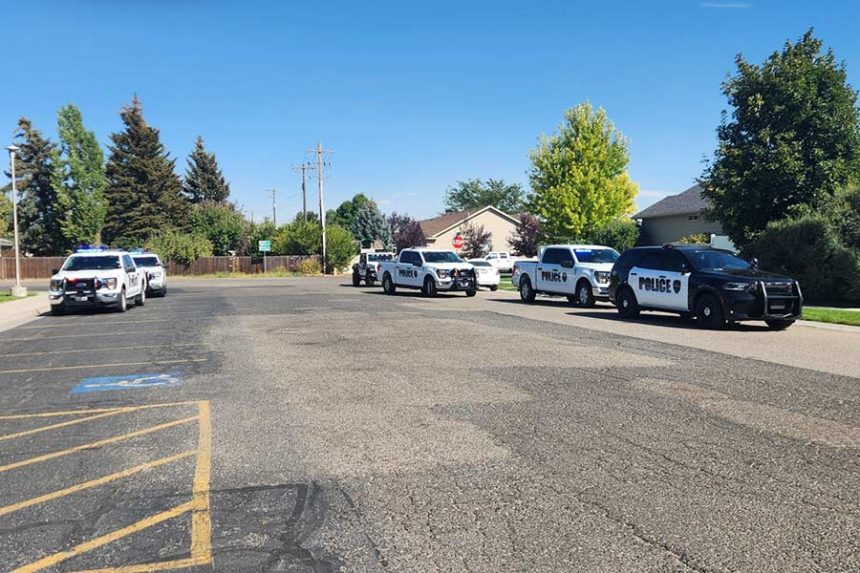Washington, D.C. The Army Chaplain Corps commemorated its 250th birthday on July 29, following the U.S. Army’s celebration on June 14.
In order to protect the 13 colonies from the British Army during the American Revolutionary War, the Continental Congress formed the first army on June 14, 1775. Five days later, General George Washington was chosen to serve as its first commander in chief.
On July 29, 1775, the Continental Congress created the Army Chaplain Corps at Washington’s request, allowing one chaplain for every regular regiment. Chaplains were also present in several militia battalions.
In a statement, Army Chaplain (Maj. Gen.) William Green Jr., the 26th Army chief of chaplains, said, “The members of today’s Army Chaplain Corps are sustaining and enriching a sacred legacy that our predecessors began building even before our nation was founded in 1776.” In order to address the religious and spiritual requirements of soldiers and to promote morale and high morals, Gen. George Washington asked that chaplains be appointed to the Army.
In order to assist our Army in preparing to prevail in multidomain and large-scale combat operations in the years to come, our U.S. Army Chaplain Corps will continue to be the most diverse and competent chaplaincy in history. Just like it was on the battlefields during our country’s war for independence, our corps is a special division of the entire Army that will continue to be an essential and vital part of our success in the future.
He contends that the Army Chaplain Corps is as significant today as it was 250 years ago. According to the Army, the Army, Army Reserve, and Army National Guard presently have over 3,000 chaplains, almost 3,000 religious affairs specialists, over 500 chaplain candidates, and over 50 religious education directors.
The U.S. Army Chaplain School was established in 1917 to provide chaplain training for soldiers getting ready for World War I combat. Fort Jackson, South Carolina, is home to the Chaplain Center, school, and museum.
According to the statement, the Chaplain Corps is a special and essential division of the Total Army that is fully involved in joint and multidomain operations in both war and peace. It offers religious support and counsels on spiritual and religious issues in order to create strong, prepared teams to deploy, fight, and win our nation’s wars.
Chaplains work at medical and correctional facilities, military hospitals, and other kinds of units. They also offer marriage, family, and grief counseling. Additionally, they teach a variety of courses in service schools. Ministers, priests, imams, rabbis, and others are among the multifaith chaplains.
Chaplains are also responsible for informing commanders that they must guarantee the freedom of exercise of all soldiers, even those who are atheists.
By investing in people, fostering spiritual connections, and fostering community throughout the entire spectrum of conflict, including joint and multidomain operations, the Chaplain Corps 2030 aims to increase Army spiritual readiness. In order to fight and win our nation’s battles, the Chaplain Corps looks out for the Army’s soul. In order to do this, the Chaplain Corps will be a top-tier, completely integrated network of Army religious support specialists who are known for their vital and crucial contributions to improving the preparedness of soldiers at all levels.
According to the Army, a soldier must be a citizen of the United States by the time of their officer commission, be 42 years of age or younger at the time of commissioning, have earned a Master of Divinity degree or other basic theological education for a denomination or faith tradition, and, for active duty, have completed at least two years of professional experiences in a denomination or faith tradition after completing post-theological education.
Applying for the Chaplain Candidate Program allows ministry students who wish to serve as Army Chaplains to receive up to 100% of their tuition expenses.
In addition to meeting Army height and weight requirements, candidates must pass the Army’s fitness exam and complete a Chaplain Basic Officer Leader Course.
Chaplains are not permitted to fight and are not given firearms. The Army claims that Religious Affairs Specialists safeguard them during combat.
